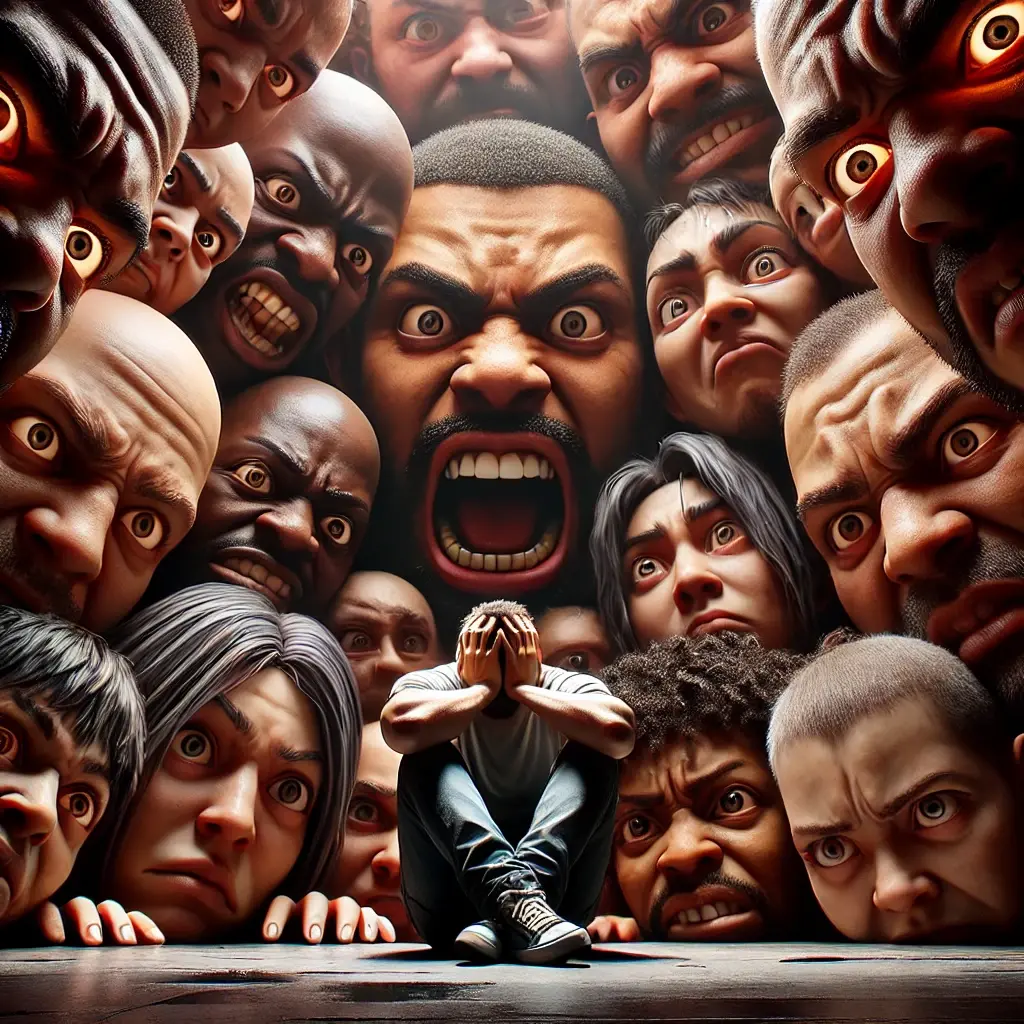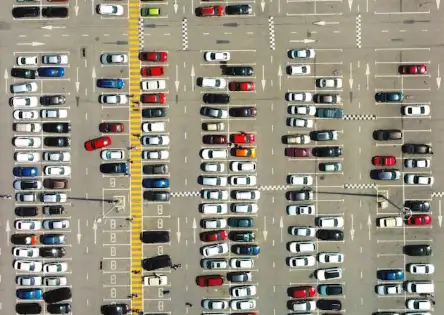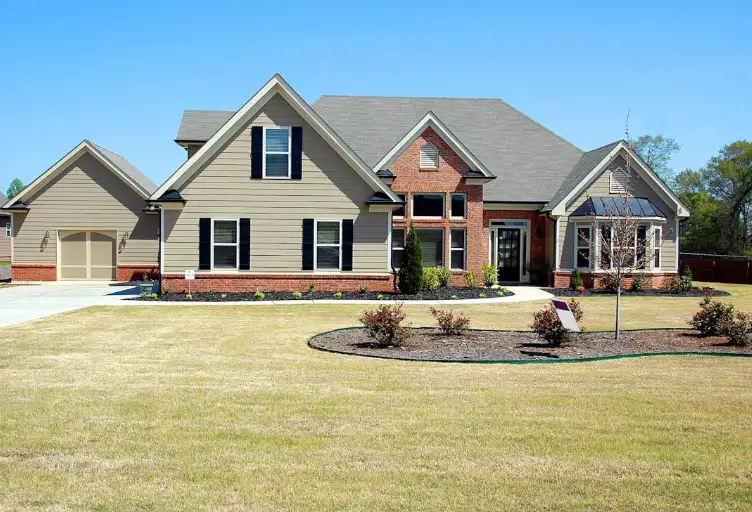Why Everyone Hates Planners (And How We Fix It)
Let’s just say it plainly: people hate planners.
Maybe not you personally, but the role? The title? The system? Yeah. We’re often seen as the problem, not the solution. We get blamed for overdevelopment. Or underdevelopment. Too much parking. Not enough parking. That ugly building on Main Street. That gas station that somehow got approved. The housing that didn’t. The meeting no one heard about until it was already too late.
We’re caught in a loop of critique, and if you’re a planner, you’ve felt it. If you’re a resident, you’ve probably expressed it. And if you’re both? Well...what can I say...sorry?.
How Did We Get Here?
Planning wasn’t supposed to feel like this. It was supposed to be about shaping better places that worked for people, not just processes. But somewhere along the way, we got buried in code. Lost in procedure. And the relationship between planners and the public became strained.
Part of it is language. We stopped speaking human. Our words got technical. We started saying things like “non-conforming setbacks” or “MU-1 overlay districts,” forgetting that most people just want to know if they can build a porch or open a business. That kind of communication creates distance.
Another part of it is timing. Public input is often asked for after the decisions are scoped, the funds are allocated, and the plans are pretty much written. People pick up on that. They feel it. And it doesn’t sit right.
Then there’s the role itself. Planners are often seen as the face of rules we didn’t write. Even when we want flexibility, equity, or innovation, we’re bound by policies that were written long before we got here. But to the public, we’re still the ones delivering the news.
And finally, there’s history. In many communities, planning has been a tool of exclusion through things like redlining, displacement, and or disinvestment. The field carries a legacy that still echoes today. That pain doesn’t just go away. No, it lingers, and it shapes how people see us.
So What Do We Do About It?
The truth is, if we want to rebuild trust, we can’t wait for the next comp plan cycle. We have to do it right now. Like yesterday right now. Like, why are you still sitting there?
We have to reach out with our language, our presence, and our posture.
We start by speaking plainly. No more hiding behind jargon. Just real words that real people use. We explain the “why” behind decisions, even when the answer isn’t what someone wants to hear. People don’t always need to agree with us but they deserve to understand us.
We have to step out from behind the desk and go to the places where people already are. Places like parks, coffee shops, bus stops, barbershops. We have to stop expecting them to come to a 6 p.m. meeting in a downtown building with fluorescent lights and bad parking.
We bring them before the maps are drawn, before the surveys are closed, before the plans are published, before they're standing in front of a commission saying they did not know...because they probably didn't. Or maybe they did, but how would we know...we didn't go to them to begin with. We don’t just inform. We invite. We co-create.
And most importantly, we show up with humility. No one expects us to have all the answers. But they do expect us to care. To listen. To stay. Afterall, we're human to, right?
Final Thoughts
People don’t really hate planning. They hate feeling like planning is something that happens to them, not with them.
We can either defend the system as-is—or we can be part of the change. And if you ask me, the change is overdue.
Let’s start here.
%20(1200%20x%20237%20px)%20(300%20x%2059%20px).webp)





